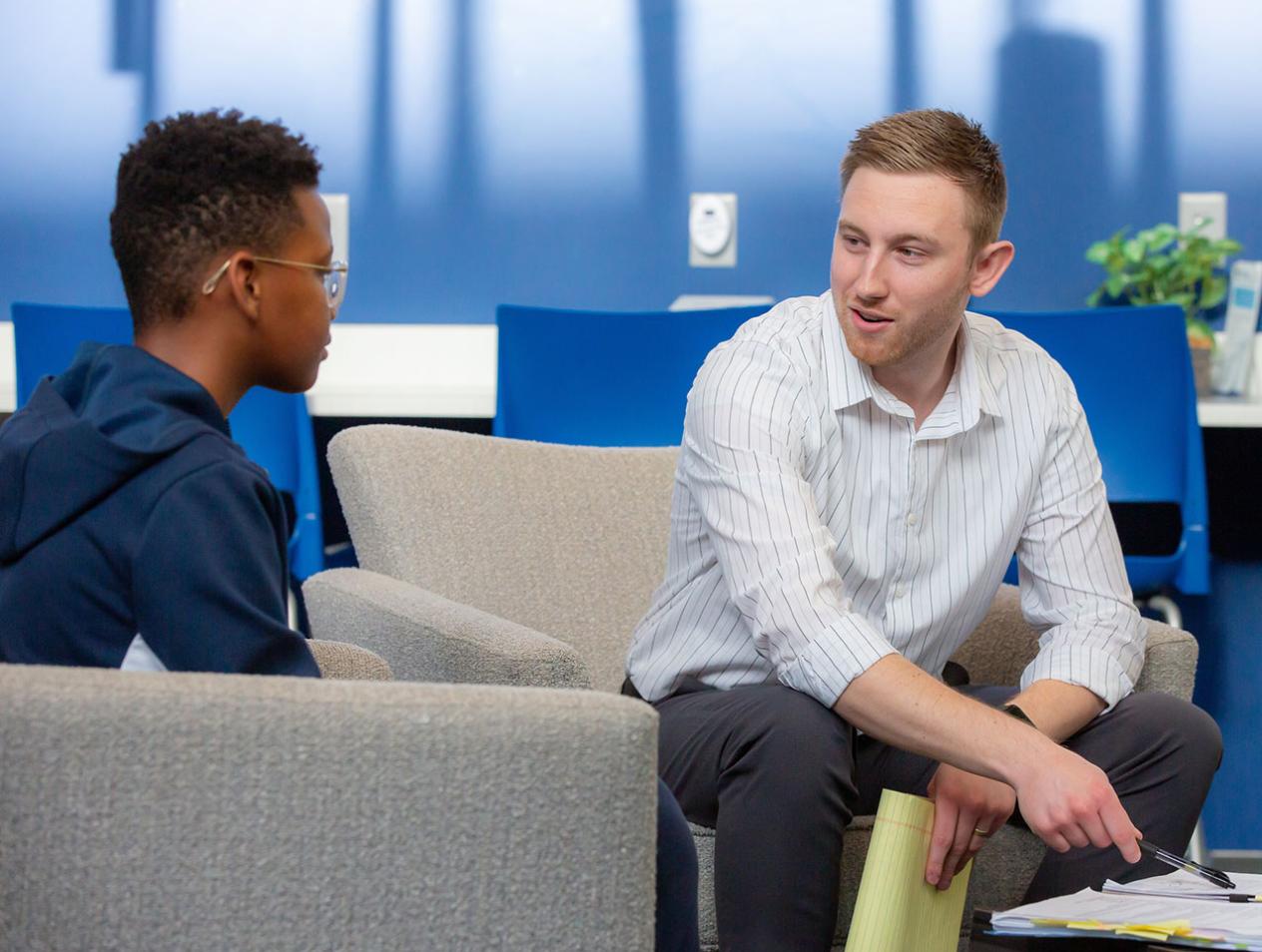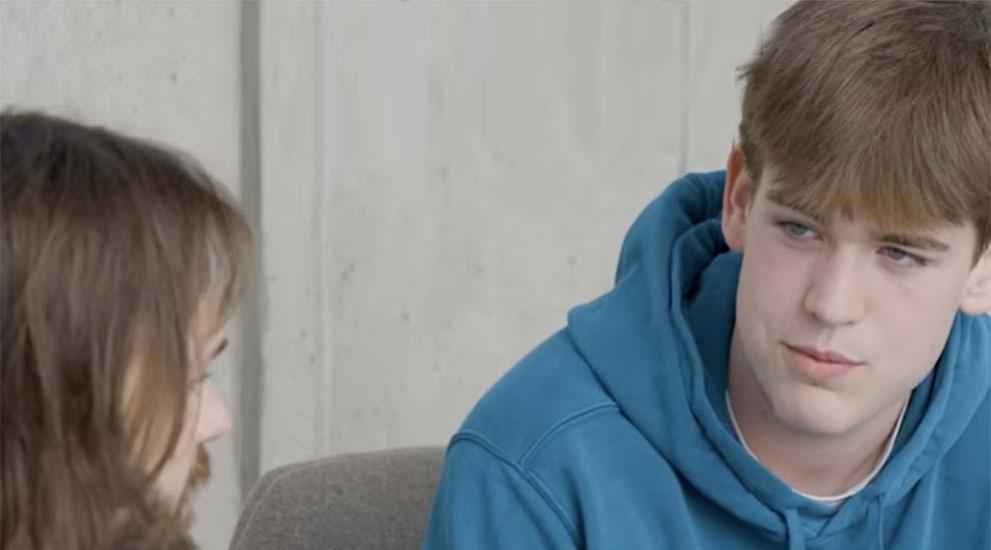
Juvenile Justice Legal Clinic New
You get meaningful experience. Kids get the help they need.
The Juvenile Justice Legal Clinic provides a powerful opportunity for senior-certified law students to gain credits and real-world legal experience while serving children in need. During the four-credit course, students will explore significant topics in juvenile justice and benefit from attorney mentorship. This unique program let’s student practice in a criminal defense setting.
How It Works
The Juvenile Justice Legal Clinic operates like a small law firm staffed by Creighton School of Law students. These student attorneys have their own caseloads and take primary responsibility for all aspects of a case—while under the guidance of a supervising attorney. The clinic provides free legal services for youth ages 11-19 with open cases in the Separate Juvenile Court of Douglas County. Student attorneys also accept court appointments to serve as education counsel on behalf of a child whose educational needs are not being met.
Working in the JJLC allows students to gain experience in the following:
- Client interviewing and counseling
- Effective problem-solving practices
- Interacting with judges and opposing counsel
- Researching fact and law
- Draft pleadings
- Appearing in court
Students also participate in ongoing reflections of their individual performance and goals, as well as the overall legal system and the context of their clients’ legal and non-legal problems. These reflections will be partially informed by detailed feedback from supervising attorneys that observe or review all student work throughout the semester.
Contact Joy Suder at joysuder@creighton.edu.
Real-World Student Experience
Hear from Tim Murphy, a recent law graduate who volunteered in the Juvenile Justice Legal Clinic during his final year at Creighton School of Law. Here, he served the underrepresented Omaha youth, advocating for their rights and even winning cases in the courtroom.



